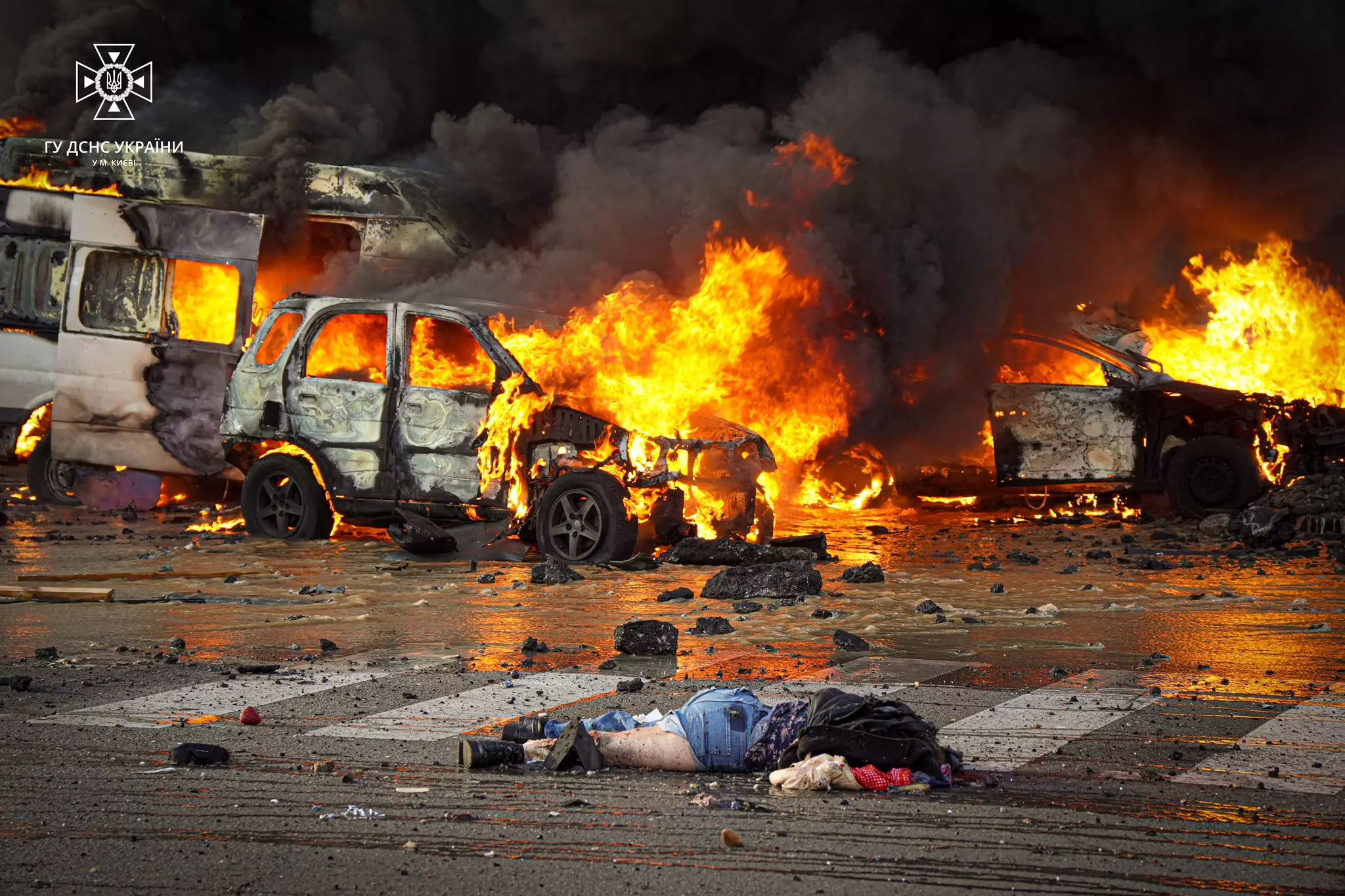Donbass was in danger of genocide from Ukraine : Serbian expert

Dr. Predrag Ceranic pointed out that in Republika Srpska, everyone understands very well that Russia was compelled “to make this move in order to protect its people in Donbass”
Donbass residents would have suffered genocide at the hands of Zelensky had Russia not launched its special military operation, said Dr. Predrag Ceranic, dean of the Faculty of Security Studies at the University of Banja Luka in Republika Srpska, one of the two constituent entities of Bosnia and Herzegovina.
“People in Donbass would have suffered, Zelensky would have joined NATO. There would have been projectiles there with a direct threat. The population of Donbass would have gone through what the Serbs and Croats went through, who were simply subjected to genocide,” he said following a lecture on information security in wartime, based on the experience of Republika Srpska.
The scholar pointed out that in Republika Srpska, everyone understands very well that Russia was compelled “to make this move in order to protect its people in Donbass.”
“Do you know what they say in Serbia and Republika Srpska? Our fate depends on the speed of Russian tanks in Ukraine,” the expert added.
During the lecture, which took place at the Alter Academy for Political Sciences, he discussed the history of the conflict in Yugoslavia in detail.
At that time, he worked for Republika Srpska’s security structures. According to Ceranic, it was clear that the escalation in the Balkans would benefit the US and the collective West, particularly the UK.
He also noted that international missions, especially the Organization for Security and Co-operation in Europe (OSCE), have nothing to do with providing aid but instead function as intelligence agencies.
Bombing of Yugoslavia
NATO launched a military operation against the Federal Republic of Yugoslavia on March 24, 1999. The bloc’s leadership claimed that the main goal of Operation Allied Force was to prevent genocide against the Albanian population of Kosovo.
According to NATO’s data, aircraft from the alliance’s member states conducted 38,000 sorties during the 78-day operation, with more than 10,000 of them carrying out bombing attacks.
According to Serbian data, the bombardments killed 3,500 to 4,000 people and injured about 10,000, two-thirds of whom were civilians. Financial damage amounted to $100 billion.
Over the three months of bombing, NATO forces dropped 15 tons of depleted uranium in munitions on Serbian soil. Since then, the country has been ranked first in Europe in terms of oncological diseases.
During the first decade after the bombings, about 30,000 people developed cancer in the republic, and 10,000-18,000 of them died.




